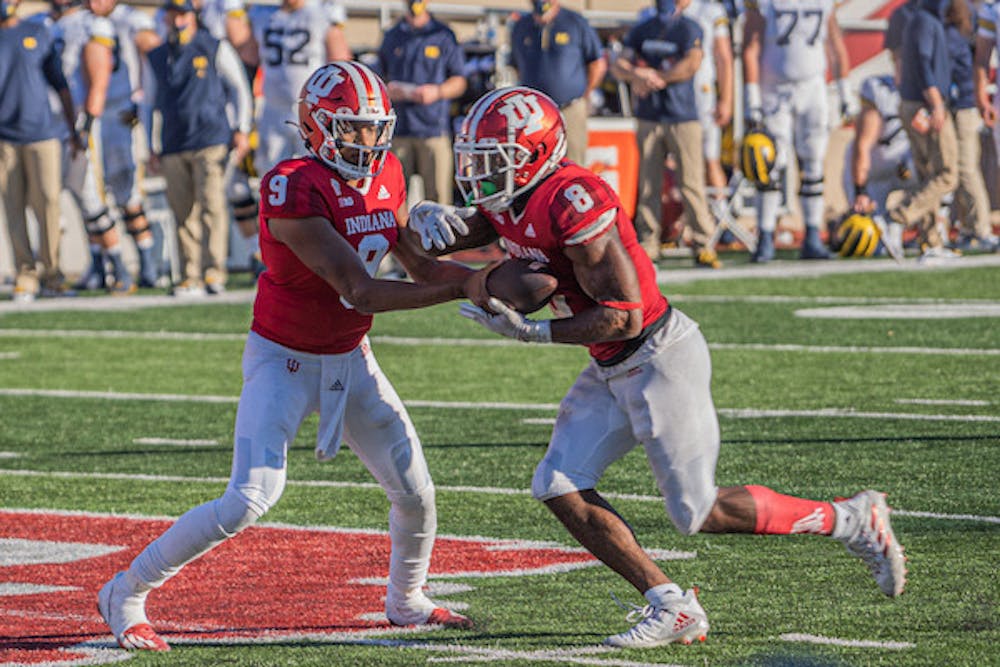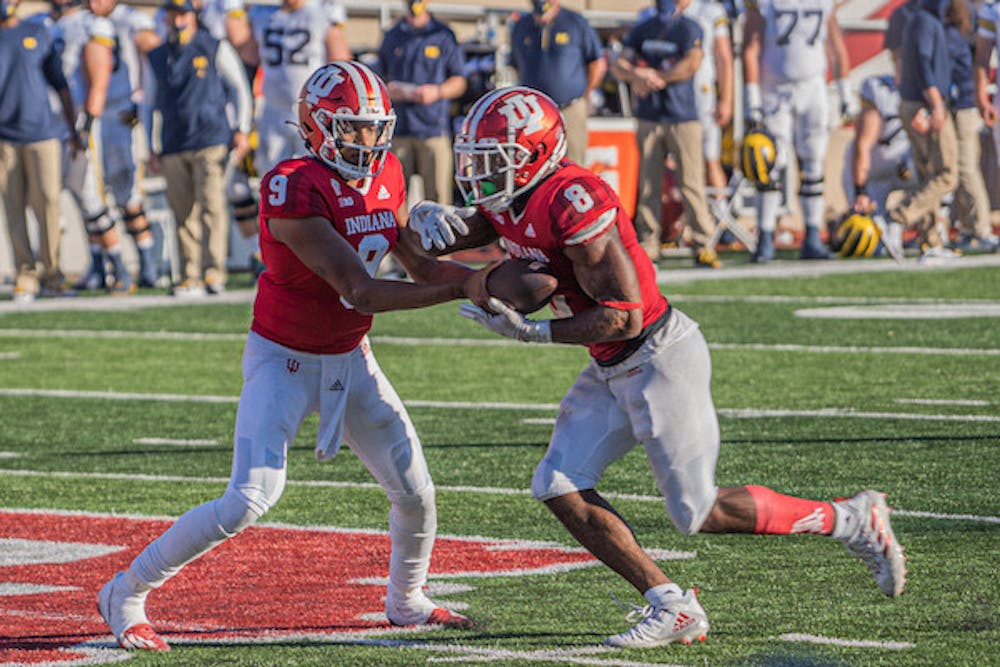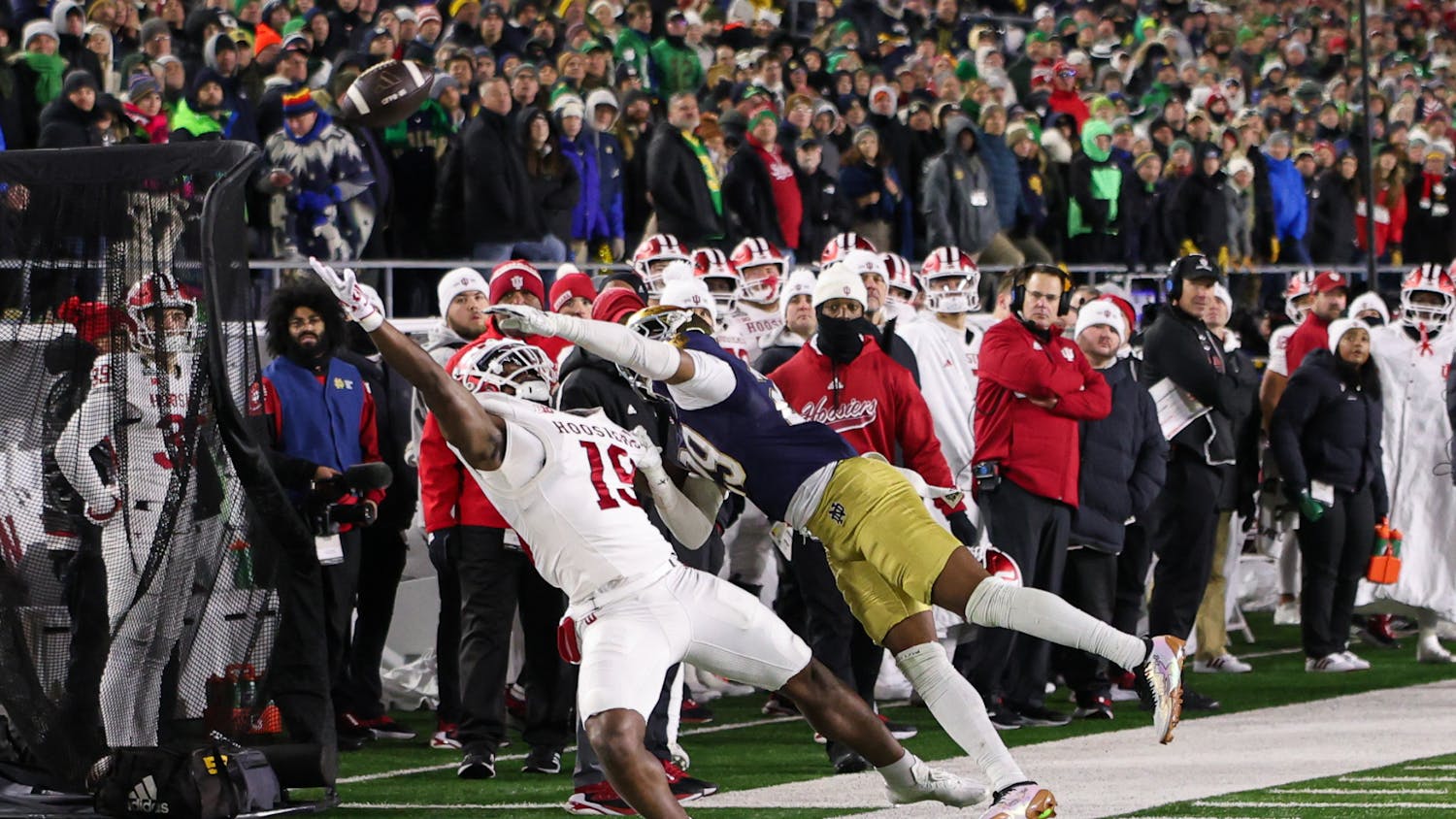Let me be as blunt as possible here: The College Football Playoff is terrible and is ruining college football as we know it.
Need I say more? Don't worry, I will.

The College Football playoff website states, "The College Football Playoff (CFP) determines the national champion of the top division of college football. The format fits within the academic calendar and preserves the sport’s unique and compelling regular season."
That statement may be the biggest joke of it all.
They say, "top division of college football."
They mean "the Power 5 conferences."
They say, "the format fits within the academic calendar..."
They mean, "until a conference championship that is usually pretty meaningless is scheduled right before finals week."
Contradictions are no stranger to the College Football Playoff. The committee and their chair Gary Barta seem to let them flow off the tongue when discussing their reasoning for ranking teams on any given week.
Here are some of my personal favorites:
Player injuries
Ah yes. Because in the grand scheme of things, one player getting injured plays a factor in picking the top four teams in the country. Barta even notes that it is an area of importance to the committee's decision making:
"We did note that (Florida tight end) Kyle Pitts was out and the committee recognizes when a player is unavailable."
The Gators dropped one spot. Because as any football expert knows, the lack of your starting tight end is an obvious excuse to give up three touchdowns to a true freshman quarterback at LSU.
However when it came to the Indiana Hoosiers, a team with little to no college football history, the player injury was used against them.
"...and then you always wonder when a team loses their leader, their quarterback, how they will react to that..." Barta said.
Indiana remained at No. 12 despite beating No. 16 Wisconsin on the road the Saturday before.
Yes, injuries are significant and can make or break a team's season. However, why are we rewarding or disciplining teams before they actually play the games? It is almost as if the committee uses player availability as a way to excuse college football royalty while punishing the new guy.
The so-called "body of work"
If you are looking for the CFP's favorite three words in the English language, look no forward than the term "body of work.”
The committee wants you to know that it does not look at one particular game. Rather, it looks at the entirety of the season and what a team has done to prove its worth.
The body of work should encapsulate where a team thrived and failed throughout the entire season. According to the playoff committee, this can be Top 25 wins, the strength of schedule, home record, away record, etc.
Basically the term "body of work" means whatever the heck the committee wants it to mean. It could be scheduling, it could be rushing yards, it could be what color your quarterback's hair is at this point. The committee uses the term interchangeably but mainly when they want to avoid explaining the unpopular ranking of one team over another.
FYI:
Below are the one loss teams that fell to a CURRENT Top 5 team:
•#2 Notre Dame
•#3 Clemson
•#5 Texas A&M
•#11 Indiana#iufb
— Griffin Gonzalez (@grifgonzo) December 20, 2020
Example A is found when explaining why an undefeated Cincinnati was ranked lower than one or two-loss teams.
"The committee looks at each team's body of work, and when you look at Cincinnati, they certainly — they're 8-0, and that's a fact, and it's certainly considered,” Barta said
Barta added that “each team is just considered based on what they've done, and so when you look at Cincinnati, those are some of the comparators that have Cincinnati at 8."
So basically what Gary Barta is trying to say is that Cincinnati doesn't play good enough teams and losing to an SEC team is better than beating every team you play.
The body of work should just be called what it is: "Do you play in the power five or not?” The bias surrounding teams in the SEC is absurd and the fact that we continue to try and ignore it is even worse.
Does playing games really matter?
Obviously, a pandemic plays a huge factor here. At the end of the day, the games do matter. They are the beginning, the middle and then the end for this committee. No one is debating whether these games matter. The debate lies in the fact that despite playing games, despite the wins and losses, the committee's grading scale is just not the same.
Wow! Florida only lost to a playoff team by a touchdown!
Imagine what they would be ranked if that was their only loss of the season...#iufb
— Griffin Gonzalez (@grifgonzo) December 20, 2020
This issue really came to light when, following a loss to LSU, Florida only dropped one spot in the rankings which led to this question by The Athletic's Nicole Auerbach.
"When Iowa State loses to Louisiana and Florida loses to an unranked LSU team and those don't play a role in the rankings, what's the point of playing games?"
Nicole argues that there is this ongoing bias within the committee where teams with a long football history benefit over teams that feel like a one-year wonder despite them being the better team.
If the games do matter, the losses should be telling of a team's true worth. So why in the world can a committee feel comfortable ranking teams with three-losses such as Iowa State over teams with one loss like Indiana?
There you have it. The playoff is set and there is little to no surprise as to what teams got in. But the top four isn't the issue. Spots five through twelve is where Twitter will have the biggest outcry. Teams like Coastal Carolina, Cincinnatti, Indiana, and Louisiana are at risk of being ranked lower than deserved because they are not college football royalty.
We need to do better. The committee needs to look at expansion and needs to declare the obvious: playing in a Power 5 conference carries more weight than anything else.
Meanwhile, the Indiana Hoosiers are likely headed to the Outback Bowl. The Outback Bowl. While it is an upper-tier bowl game, you cannot help but feel they deserved more. All due to a committee bias surrounding SEC teams and an obsession with Iowa State.
At the end of the day, teams like Indiana did what they could do with the schedule they were given. After all is said and done, they played an all-Big Ten schedule, lost once, and they are going to be punished for it.
The playoff benefits Clemson, Alabama, Ohio State, and the SEC. The blue bloods. The moneymakers. Meanwhile, it absolutely kills any momentum for teams that are on the rise.
The CFP is slowly ruining the competitive atmosphere of college football and if a change doesn't come soon, I must agree with Ms. Auerbach. What is the point of playing these games?






